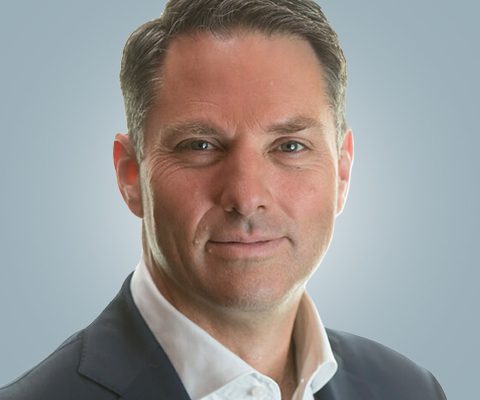CONDOLENCE MOTION | DEATH OF FORMER PAPUA NEW GUINEA GRAND CHIEF SIR MICHAEL THOMAS SOMARE
***CHECK AGAINST DELIVERY***
Papua New Guinea is the most exotic country in the world, and there is no place in PNG which is richer in colour and culture than the Sepik.
It is a land of philosophers and warriors.
It is a country made up of rivers and forests, crocodiles and birds of paradise, and it is a place of honour and duty and tradition.
It was here in Karau village on the banks of the Murik Lakes in the heart of the Sepik that Michael Somare began his life’s journey.
Michael Somare was the son of a police sergeant but, much more significantly, the son of a man who was in an ancient chiefly lineage.
As remarkable as Somare’s public career was, equally as important to him throughout his life was being chief to this village and to this community—the local custodian of culture, tradition and law.
Somare was a teacher, a radio announcer and a public servant, and then he became a union leader.
He established the Pangu Party and in 1968 was in the first group of Papua New Guineans to be elected to the territory’s new House of Assembly.
With the election of Whitlam came self-government to PNG, and Somare became the first and only Chief Minister of the territory.
Then, on 16 September in 1975, Michael Somare, papa bilong kantri—father of the nation—became PNG’s first Prime Minister.
On Independence Day, he said:
“Now we must stand on our own two feet … We are indeed masters of our own destiny”
When you look at the videos of the time, you see a Prime Minister still in his 30s, radiating all the vitality and confidence befitting a new and young and hopeful nation.
In March of 1980, he lost a vote of no confidence and Julius Chan became the second Prime Minister of PNG.
There were those around him at the time who argued that he should hang on to power, that he should declare a state of emergency.
It would have been a path that had been well worn by other leaders in other new countries.
But Somare believed that democracy and the constitution were more important to the future of PNG than his own career, so he genuinely chose a road less travelled.
Relinquishing power might actually be Michael Somare’s greatest moment, because, for all its faults and frustrations, PNG today is a vibrant democracy.
That’s so important for Papua New Guinea. It’s also really important for us.
So, in this act, it can be said that Somare is not only the father of independence but truly the father of PNG’s democracy.
I first visited PNG in 1984 at the age of 16 during Somare’s second term as Prime Minister.
I was there in 2003 at the beginning of his third term and met him for the first time in 2010, when he was still the Prime Minister.
Indeed, in the 46 years of PNG’s existence, Somare has been the Prime Minister for 17 of them, and this is all the more incredible given the fluidity of PNG politics.
There are a lot of political parties in PNG, and they come and they go.
Somare’s record is a testament to his extraordinary personal authority, and it really is hard to comprehend the magnitude of his achievement if seen only in the context of an institutionalised two-party system like our own.
You can’t do what Somare did without being warm and personable. I was speaking last week with Sean Dorney, the renowned ABC journalist, who said to me that Michael was always so perfectly charming and friendly and courteous to Sean even when he was deporting him.
I had my own taste of the Somare warmth when I first met him in 2010.
As the father of the nation, Somare adorns the 50-kina note, and it occurred to me that I’d never before met anyone who was on a banknote, so I really wanted him to sign one for me.
But it turns out that defacing currency is a felony in PNG, just as it is here in Australia, so I was a little worried I was going to get our relationship off on the wrong foot if my first request of the Prime Minister was in fact for him to commit a crime.
It turns out he had no qualms about that at all. In fact, his only concern was that, when I produced the 50-kina note, he thought it was nowhere near crisp enough for his liking.
The following day I was in a meeting with his son Arthur, who was also a minister in his government.
At the end of the meeting Arthur said to me that the Prime Minister wanted me to have a gift, and he unrolled a mint sheet of uncut 50-kina notes, which were therefore not currency and were, perfectly legally, signed by the Grand Chief in four different places—warm and generous to a tee.
It is so important that we are acknowledging Michael Somare here today and in this place, because in the history of the greater Australian jurisdiction there have only been two figures who have led their people to independence: Hammer DeRoburt of Nauru and Michael Somare of Papua New Guinea.
So, whilst Somare stands alone as the father of his nation, he also holds a completely unique position in the history of our own.
Greatness in truth is bestowed on but a rare few.
Sir Michael Somare, the Grand Chief, papa bilong kantri, is most certainly one of them.
ENDS
